Using coffee grounds in the garden is the best way to use what you would likely just throw in the garbage. Before you plant, learn the best ways you can put those old coffee grounds to good use.
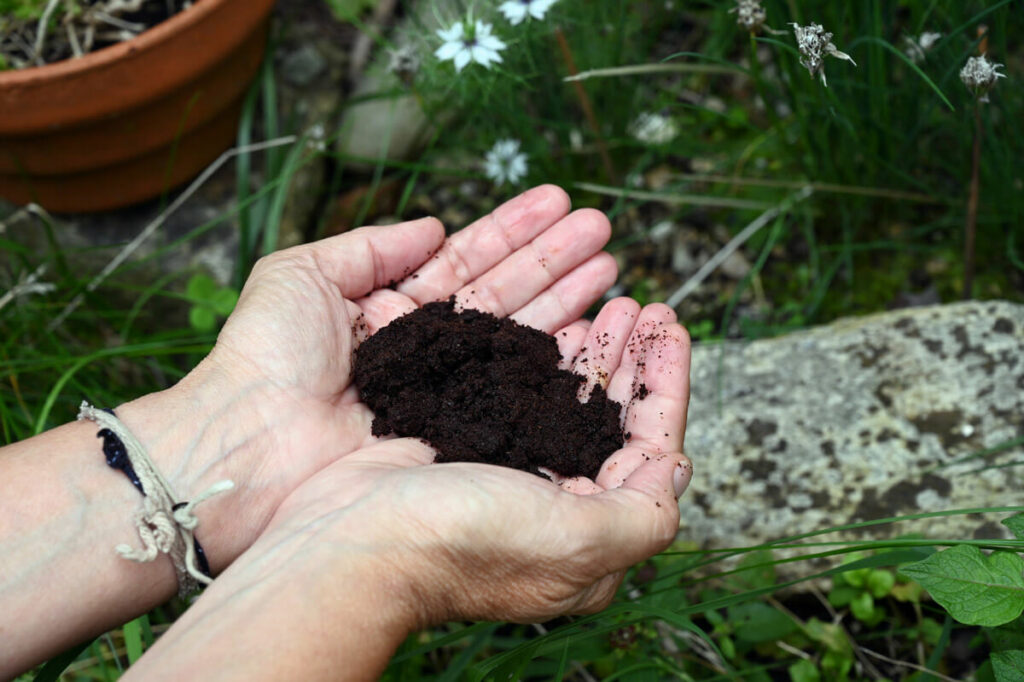
Vegetables like the benefits coffee grounds in the garden provide. Whether you are prepping your garden bed before you plant or nearing your harvest, you can put those old coffee grounds to good use.
Lessons from Our Ancestors
One of the things I love about the pioneer lifestyle is that they didn’t let things go to waste. They reused old clothes as patches for other items and were frugal with their property out of necessity.
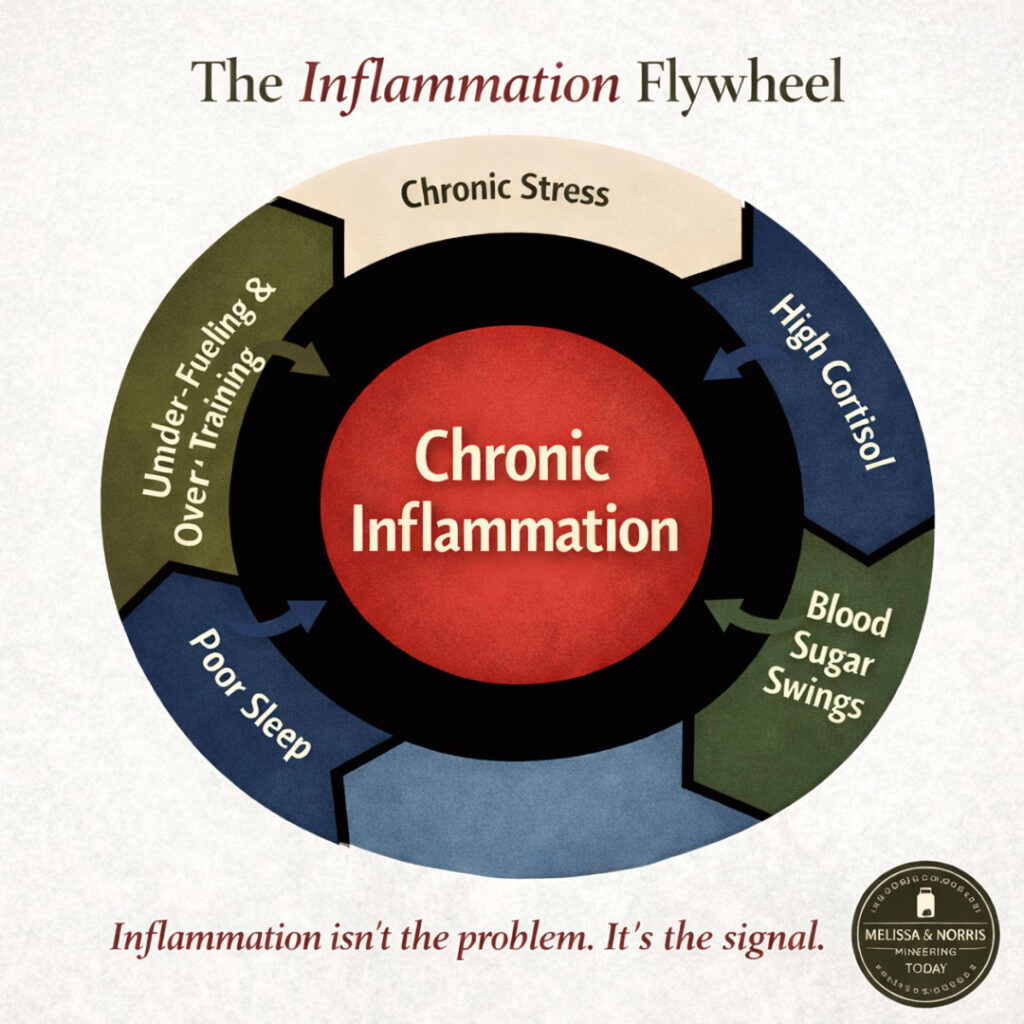
The Hidden Cycle Keeping You Inflamed
If you’ve been feeling puffy, tired, achy, or wired-but-tired, this two-page guide will help you understand what may be happening behind the scenes — even if you’re eating “healthy.”
Download the Inflammation Flywheel Guide and learn:
- Where to start so you don’t feel overwhelmed
- The 5 most common drivers that keep inflammation switched on
- Why blood sugar swings, stress, and poor sleep feed each other
Even though we love our modern conveniences, I believe there are several things our great-grandparents did better than us.
One thing most of us have in our homes is coffee grounds! If you’re like me, you enjoy a good cup of coffee on a daily basis.
Don’t toss those old grounds when you’re done with them. In true pioneer fashion, let’s put them to good use and eliminate some kitchen waste at the same time.
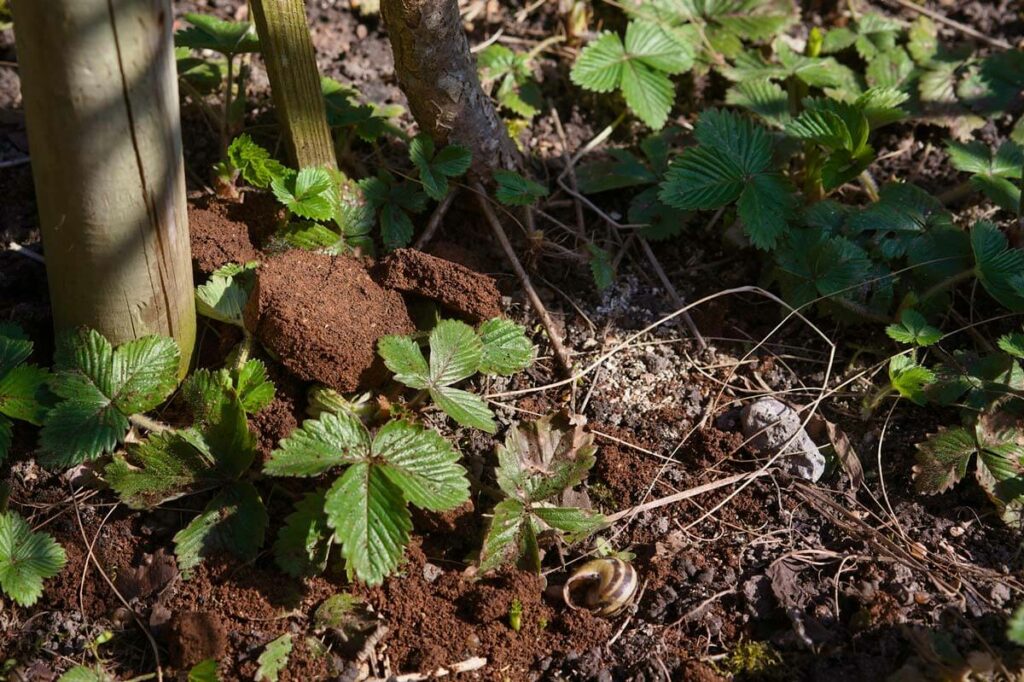
Help Your Plants Thrive with Coffee Grounds
There are varied opinions on whether or not coffee grounds should be used in the garden. The health and pH level of the soil you already have indicates whether or not it will be super beneficial.
Some coffee grounds are acidic and might harm plants. Learn how to get your soil tested, and do the necessary research to help you reach a decision.
As a rule, coffee grounds will add nitrogen, potassium and phosphorus to the soil. As with adding any organic matter, there are certain methods to follow before you use it in the garden.
Subscribe to Melissa K. Norris!
Get updates on the latest posts and more from Melissa K. Norris straight to your inbox.
We use your personal data for interest-based advertising, as outlined in our Privacy Notice.
I Don’t Drink Coffee – Where Do I Find Grounds?
Even if you don’t drink coffee, you can still get your hands on some grounds!
If your coffee-drinking friends use theirs for their own garden, check with your local coffee shops.
Many smaller coffee shops will toss their grounds into a 5-gallon bucket and save them for you (even better if you provide the bucket!). Starbucks saves their used coffee grounds and has them available on a first come first serve basis.
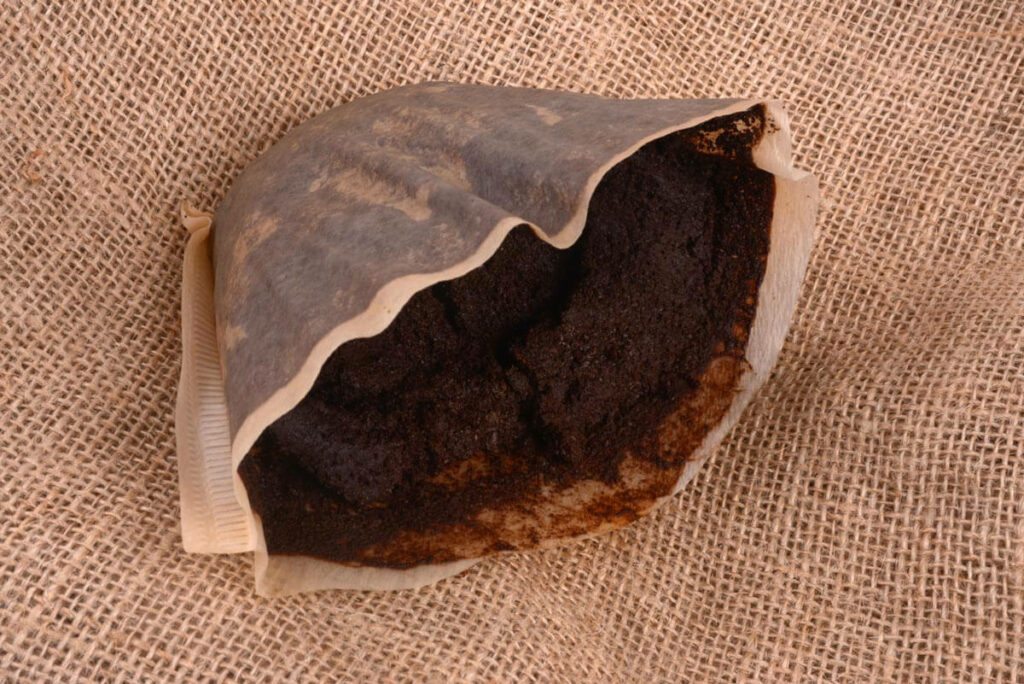
Can I Use Fresh Coffee Grounds in the Garden?
There is some evidence that fresh coffee grounds deter pests such as slugs and snails.
However fresh coffee grounds are not recommended because of the caffeine content which can be harmful to plants. It’s best to use coffee grounds that have already been brewed. The caffeine will have been leached out of the ground beans and into your coffee!
Here are other natural ways to deter pests from the garden.
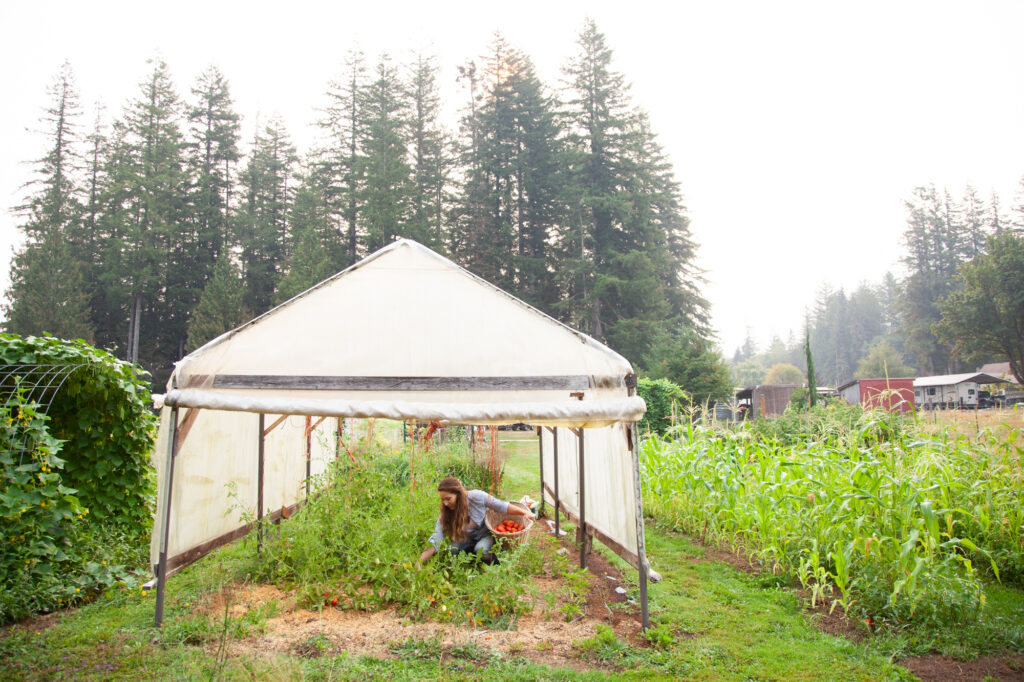
Using Coffee Grounds in the Garden
Coffee grounds are extremely versatile and can be incorporated into many gardening tasks. Here are my favorite ways I have used coffee grounds in the garden.
Fertilizer
Coffee grounds as fertilizer provide nitrogen to the soil as well as some resistance to common fungal rot and even blossom end rot. This is a great additive for the soil around plants like tomatoes as they are susceptible to blossom end rot.
The level of acid left in used coffee grounds will vary. Sprinkle used coffee grounds around plants that love acid such as:
- Blueberries
- Raspberries
- Azaleas
- Rhododendrons
- Hydrangeas
Pro-tip: Spread it out in a thin layer around the acid-loving plants or rake it lightly into the soil. Coffee grounds tend to clump together which can create a water barrier.
In addition to coffee grounds, there are many ways to use organic material to improve your garden soil. Check out the six natural garden fertilizers that I work into my routine.
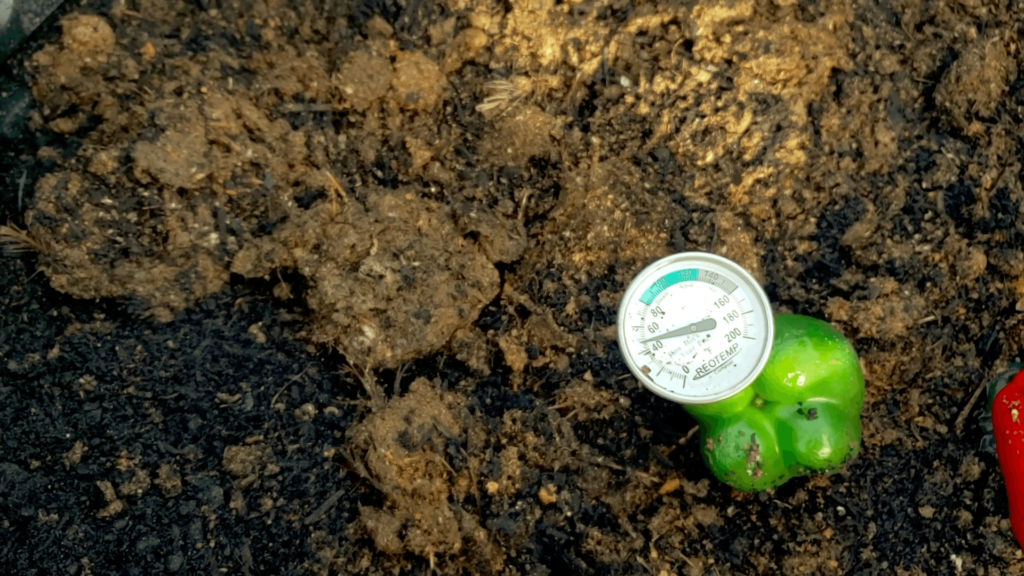
Compost
One of the easiest, yet best ways to get the benefits of coffee grounds in the garden is to put coffee grounds in your compost bin. You can even throw in the paper coffee filters!
Coffee grounds are considered a green compost material, so make sure to add brown compost material such as dried leaves along with it. Keep coffee grounds to 20% of your volume for best results.
Read about 7 ways to start your compost pile if you have been overwhelmed with information and don’t know where to start.
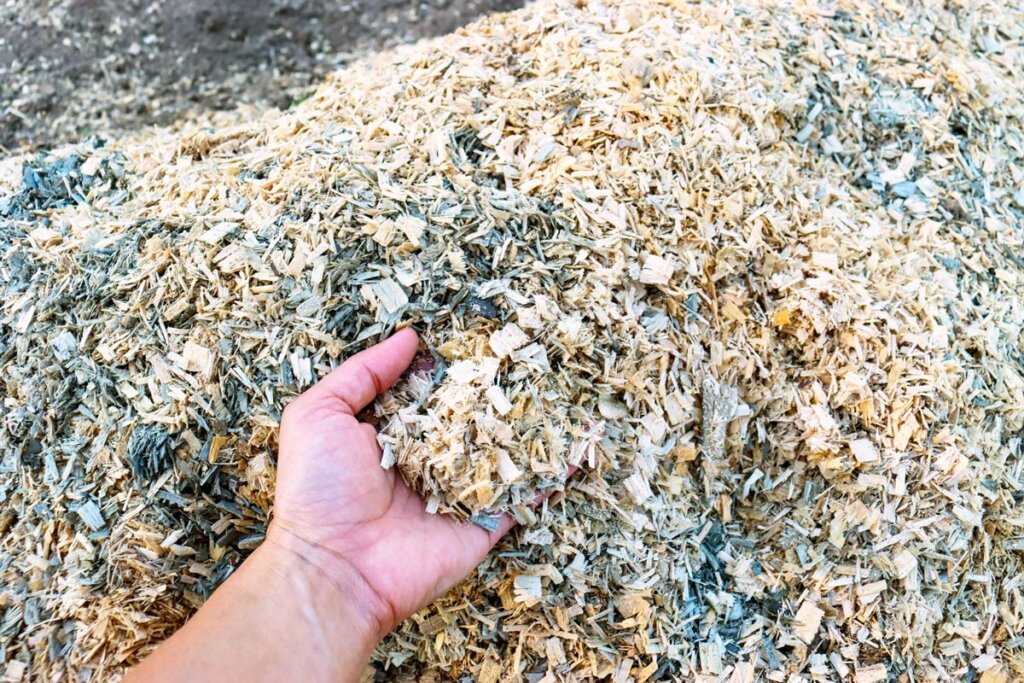
Mulch
Coffee grounds are high in nitrogen and add minerals to the soil. By working small amounts into the top of your mulch, you can slowly add these nutrients to the soil over time.
Pro Tip – Large amounts of coffee grounds can keep oxygen and water from getting to the plants. A thin layer mixed with other materials such as wood chips is a great way to control the amount.
Check out the results of my experimentation using wood chips as mulch in my garden here.
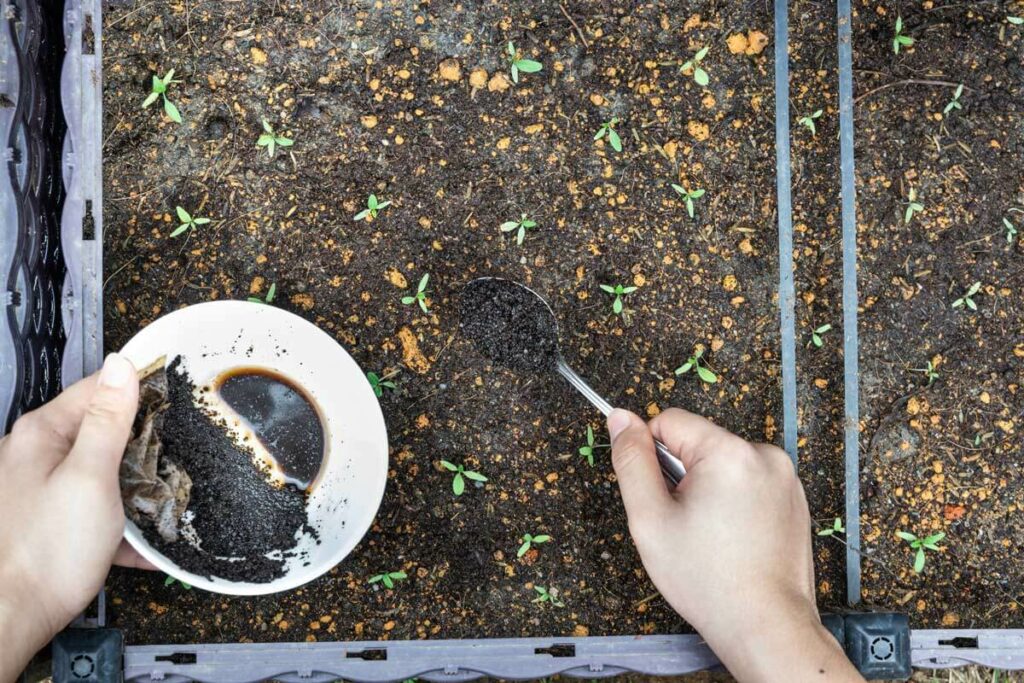
Seedlings
When planting new plants, add coffee grounds into the soil to give the plants an easy, quick boost. A small amount is all you need because the roots are tender and will absorb easily.
Pro-tip: Use organic coffee when putting it in the soil around your edible plants and berries. You reap the benefits twice!
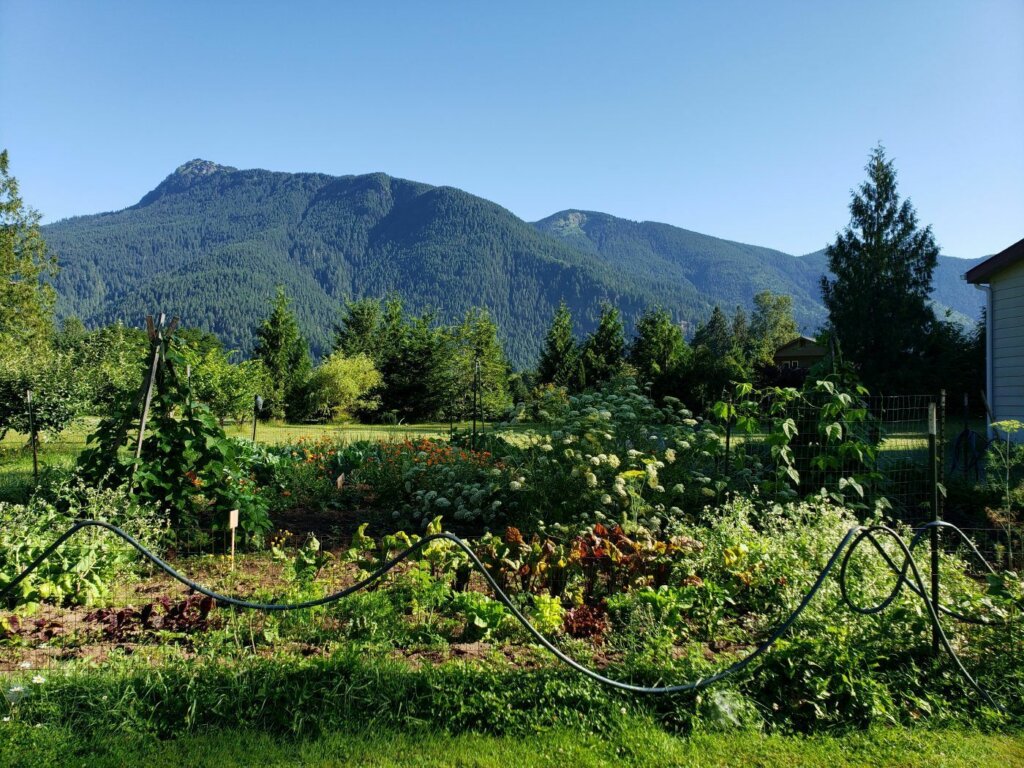
More Posts You May Like
- New Gardening Techniques & Varieties to Grow in 2022
- Beginner Gardening Secrets You Need to Know – Q & A
- Cabbage Moth and Slug Control with Organic Gardening Methods
- How to Improve Soil for Gardening – 3 Easy Tips
- What is Organic Gardening and How to Start an Organic Garden at Home
- How to Improve Soil for Gardening
- Spring Gardening Tips to Increase Harvest Yield
- Biggest Garden Planning Mistakes & How to Avoid Them
- Time-Saving Tips For New Gardens
- Wood Chips for Garden Mulch – Beneficial or Not?
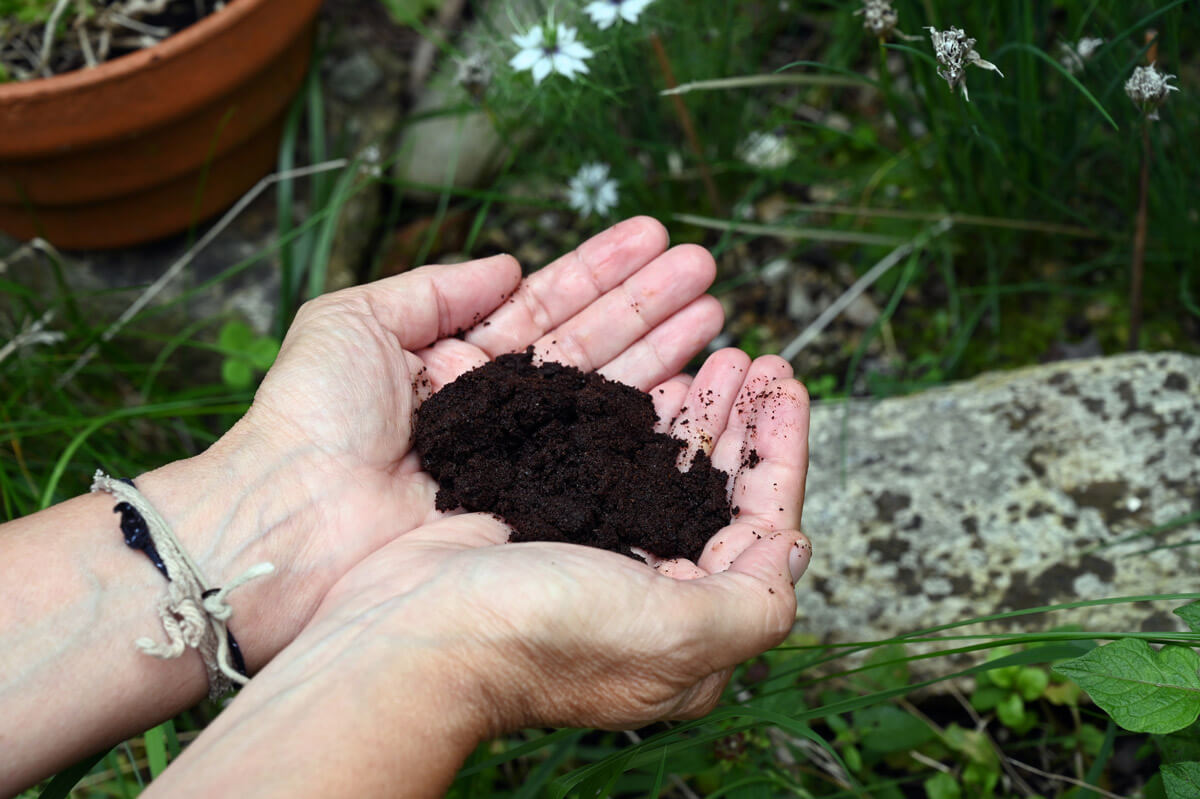
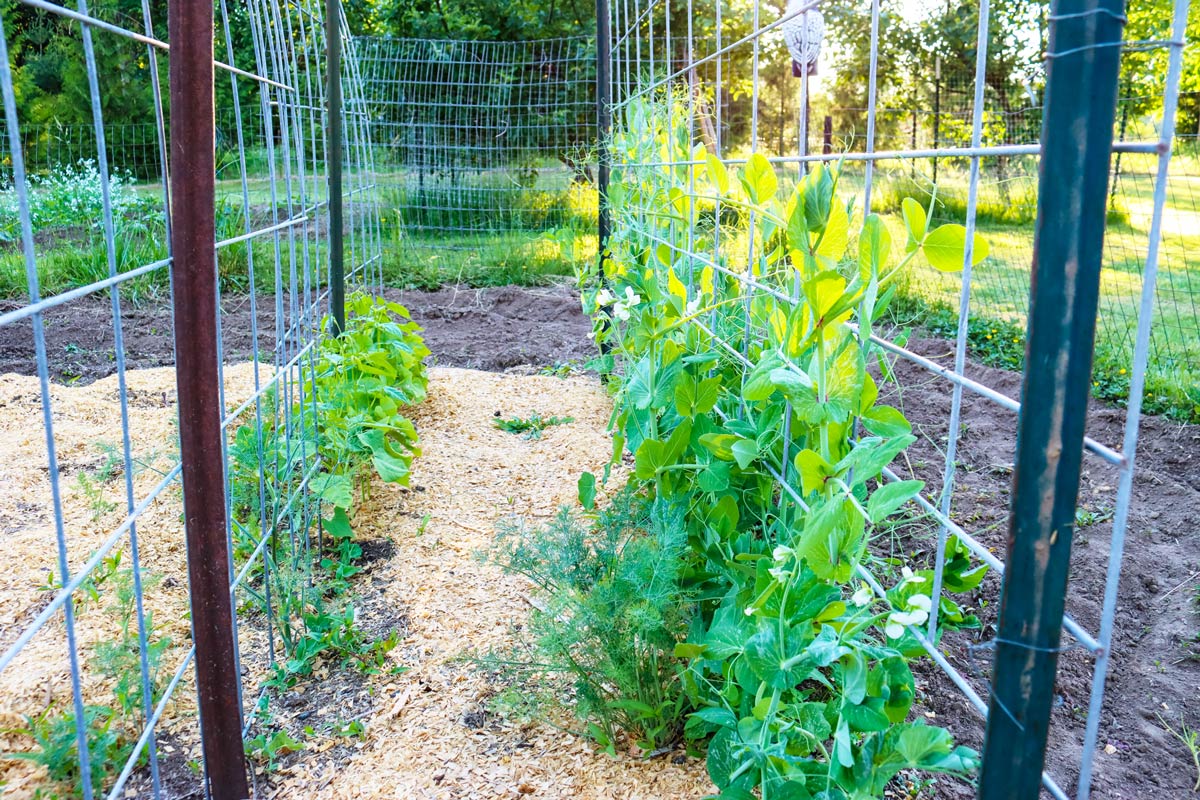
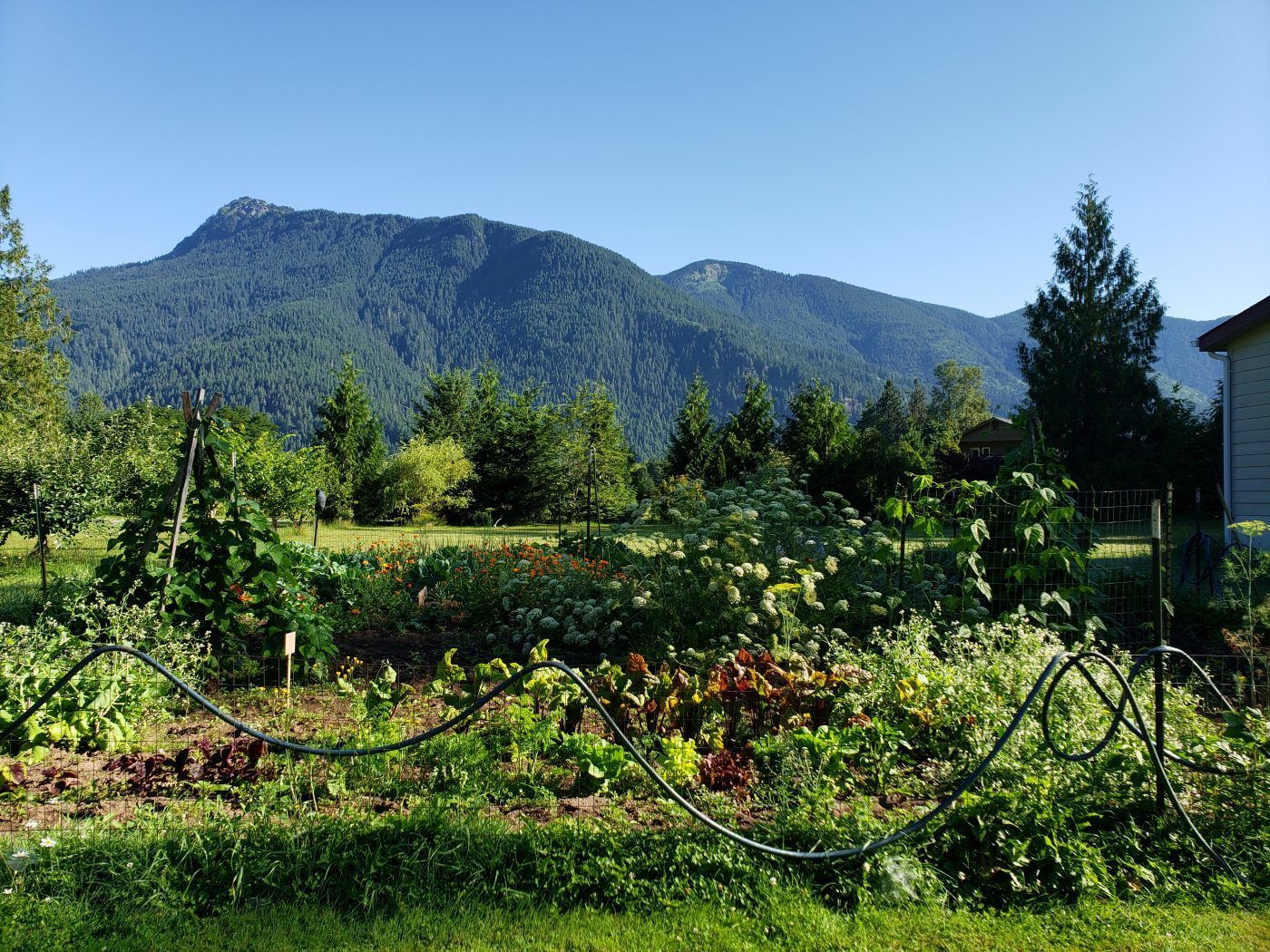
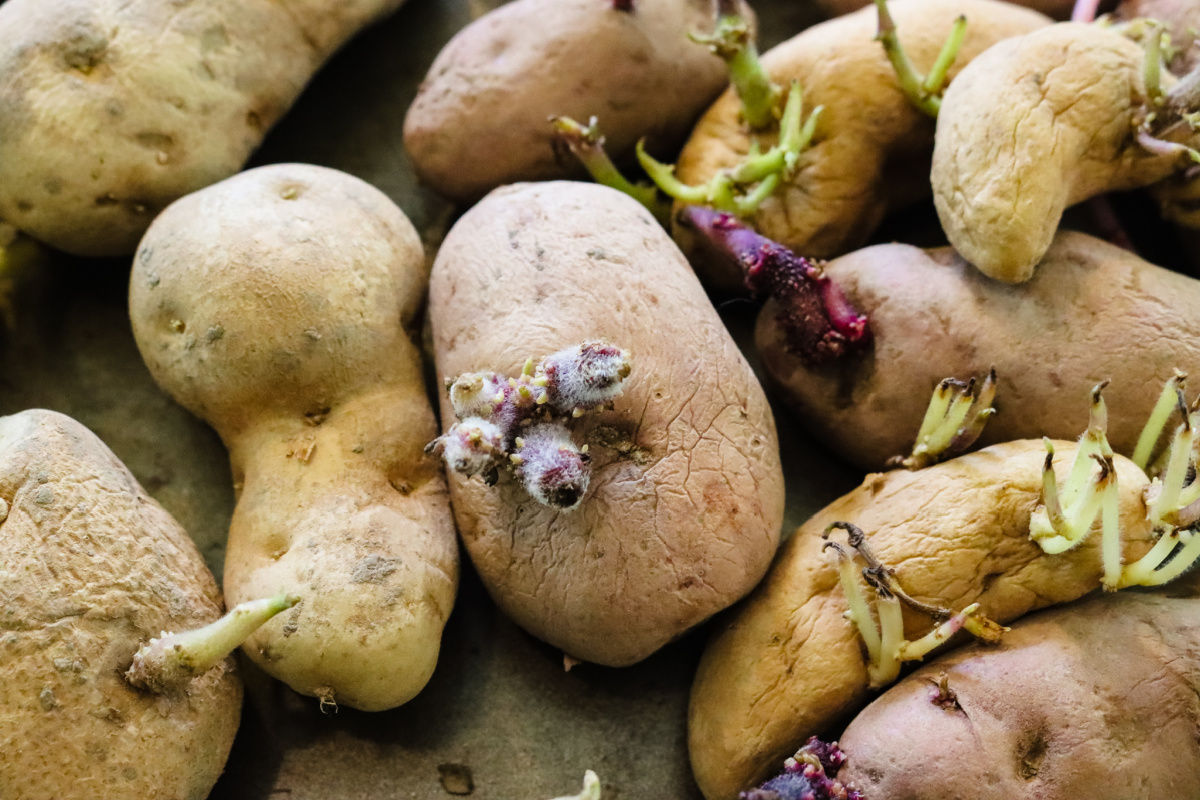
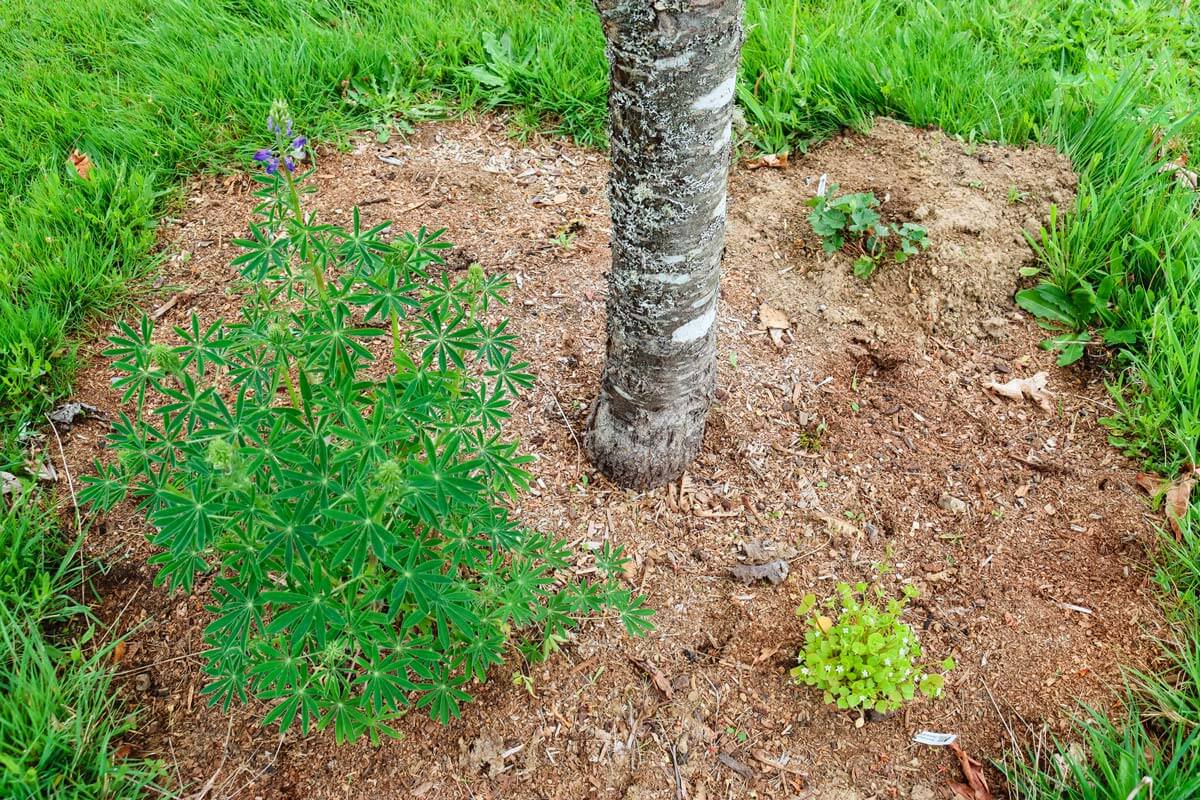
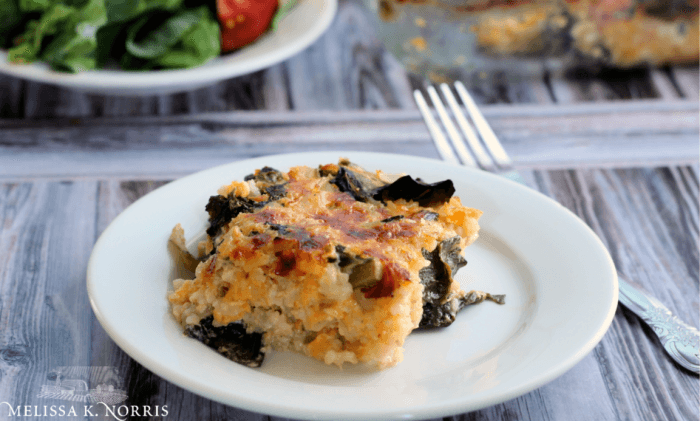
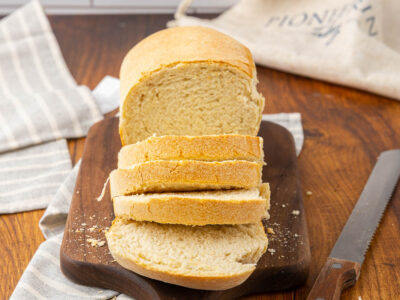
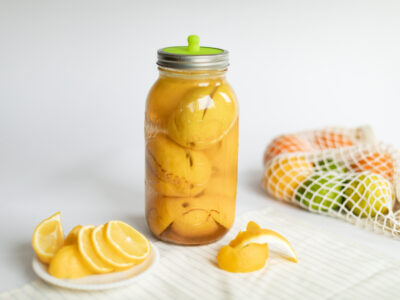
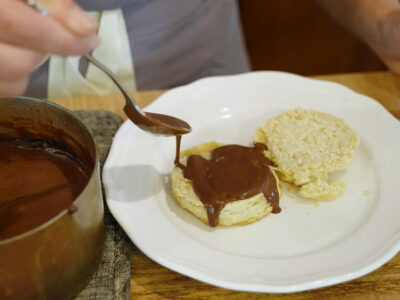
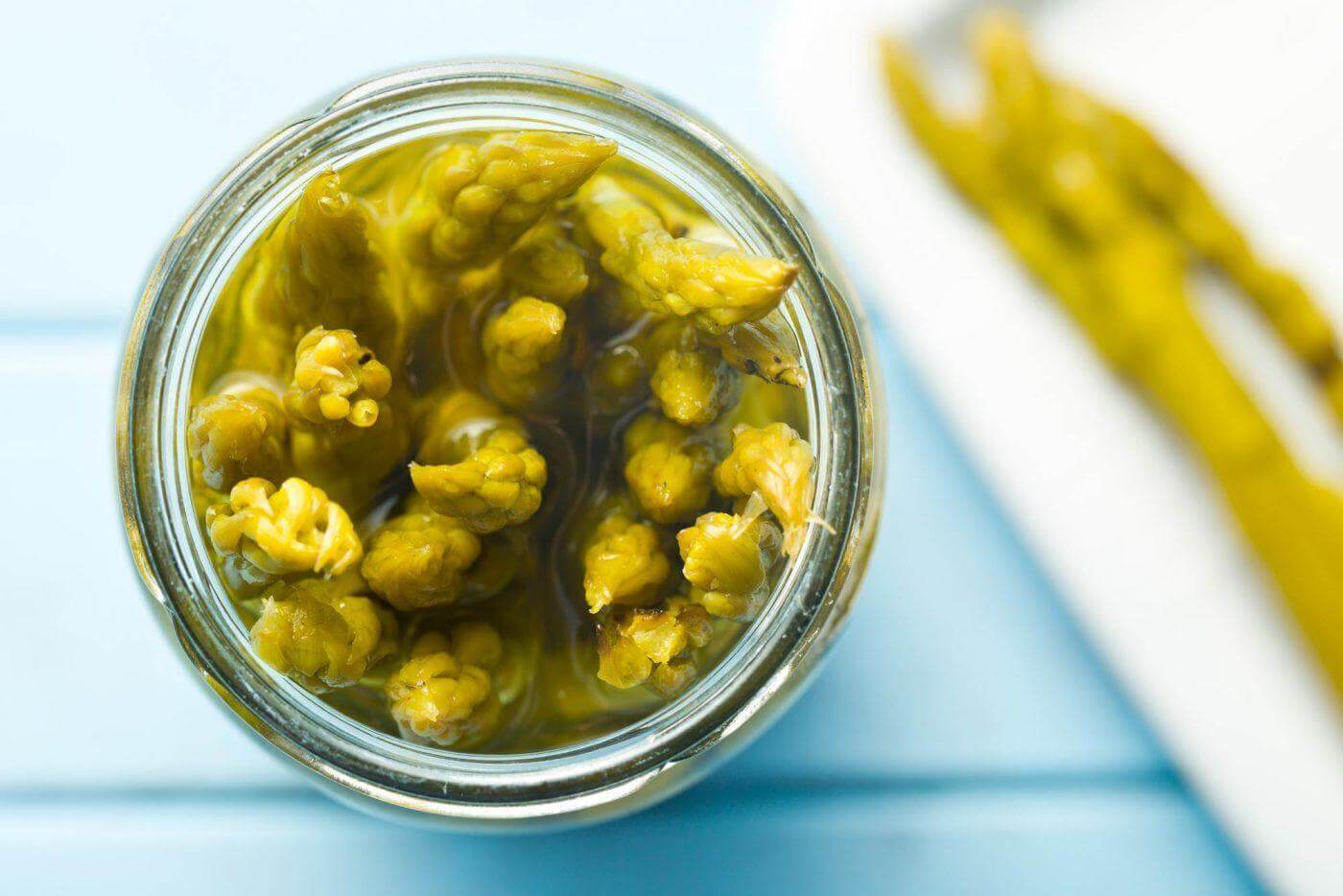

First time checking in to your site and found it fun and full of info. My blueberry plants are five years old and produce well with removal of dead wood only. I will try your pruning hints this coming winter or maybe now. I live in Bend OR and have a much dryer climate but get 6-8 inches of growth a year. Have to look over my plants to see how I am doing. I have been waiting to prune back some but needed some advise, thanks. I also have 50 feet of raspberries that are ever bearing and produce early on last years shoots and again in fall on this years shoots. Any advise here on pruning? I’m a bit new at this. Thanks also for the scripture.
I appreciate your advice and tone of your writing. Keep up the good work!!
Thank you for the tips! I will definitely begin setting aside our coffee grinds for our blueberry bushes. We do compost and have been throwing our coffee grinds in with all of our other kitchen waste.
Melissa, I have been an organic veggie gardener before it became popular. My mom lived through the depression and she told me stories of how she lived during that time in history. She was an avid canner and saver and recycler. I learned from her. I can my veggies and freeze too. As far as recycling, we wash out plastic food baggies and let them dry and then reuse them. We don’t reuse meat and chicken baggies though. We reuse plastic utensils and auluminum foil too. We reuse plastic wrap and bread bags. My mom use to dump her dishpan into her flower gardens rather than down the drain. She had beautiful flowers. To protect her cabbage heads from worms in the garden she would drop a big handful of salt into a pail of water and then swish it with a tree branch. Then she would shake that tree branch over the cabbage heads. The worms would swell and explode from eating the salt. We would go out to the potato rows and pick the potato beetles off by hand and squeeze the eggs found on the underside of the potato leaf. My mother had an acre of veggies. We had potatoes all winter long, potato pancakes, cheese and potato pierogi’s, chuck steak with homemade gravy and mashed potatoes, and potato dumplings. She canned all kinds of relishes, chow-chows, beets, pickles, whole green tomatoes, eggplant relish, strawberry preserves, blueberries for pies, applesauce, pears, peaches, quince preserves. We ate good homegrown food and I learned to save money and how to be frugal. Life’s lessons that aren’t taught today.
Kathleen
Thanks so much for sharing, I”m going to give that salt water trick a try!
Kathleen, thank you for sharing your life experiences. Learning first hand from your Mom who learned to survive in the healthiest ways, has been knowledge well worth sharing. She definitely transformed lemons into lemonade throughout her life!
I love composting! Composting and recycling reduce our actual waste to one small grocery bag per week for our family of three! For me, egg shells do not break down well or quickly. My new answer to that is to crush them, either by hand or if dry, in the blender. My neighbor who is very successful with her tomatoes uses egg shells in her tomato pots. Apparently, tomatoes love the nitrogen in the shells.
[…] I’ve found various reports on the acidity of used coffee grounds. Some articles say it’s only about a 5 while others say it’s more. Regardless of how acidic it is, it’s excellent food for your bush and something most of us have on hand. I put a good layer of this around the base of my blueberry bushes, making sure to mix it up so it doesn’t grow mold. Here is my article on 4 tips for using coffee grounds in the garden. […]
I am the king of coffee grounds – over 200 pounds a week from Starbucks. It goes into my compost pile, and I add it to any new vegetable beds I develop. One question: Does anyone feel that the value of the (possible) acidic nature of used coffee grounds is off set by the amount of nitrogen that the grounds add to the soil? Raspberries need an acidic soil, but too much nitrogen can lead to green leafy plants with few berries.
[…] 4 Ways to Re-Use Coffee Grounds in the Garden […]
Awesome, I’ve always heard plants like coffee too 🙂 I’m glad to hear about why and how much, It saves a whole lot of experimenting (and crop loss) to start off with a good base of information. I love learning the science behind everything, God is beyond clever how he made everything to work together, from the stars billions of light years away all the way down to the molecular level, and beyond, I am sure…I just added some Coffee and eggshell breakfast mulch to my tomatoes, One of my Heirloom black Cherokee tomatoes has been feeling poorly since I tied him up 🙁 I did tie him loosely with nylon stockings, but he is still quite upset) and my grape tomatoes are showing signs of blight, I tried the penny trick, hoping it helps…
Oh and I like my coffee black, straight-up… like my Daddy!!
Occasionally I add fluff when I’m needing some comfort food, my fluffy coffee I like nutty, with pie spice and sweet cream, almond milk, or coconut milk…
[…] You can even add your own soil additives from some of your common kitchen scraps, check out re-using coffee grounds in your garden […]
[…] How to use coffee grounds in your garden […]
[…] your soil or change the PH level. But how? It’s easy peasy. If your soil is too alkaline add coffee grounds, citrus peels, peat moss, or pine […]
I saw my coffee grounds and egg shells and run them through the blender to a fine dust together and will be adding them to the tomato plants this year. I also save our banana peels in a zip bag in the freeze and am planing on adding them to the garden at planting time as well. Thanks for the reminder about not putting to much as I have a tendency to think if a little is good more is better! Not always the case!
Good morning Melissa;
So happy to have found your website and your great ideas.
Re using coffee grounds; I’ve started composting again and using the grounds and tea grounds as well. My herb garden was a failure this year, but I shall try a new spot next spring and it will have the benefit of the compost.
We have had a lot of rain this summer as well as devastating hail which almost ruined my beautiful tomato plants; the yield will be minimal but will enjoy what we can consume just the same.
Do you have a recipe to make hand dispenser soap with soap slivers?
Hope to hear from you. God bless you and your family richly. Love, Joan
Joan, I’m so happy you found it, too. 🙂
Tea grounds is an excellent addition. I’m sorry your herb garden didn’t turn out this year, but I’m happy to hear you’re not giving up. Somethings just take time, but are worth the effort, and I think gardening is one of them.
I don’t have a hand dispenser soap, but I’m asking my readers if any of them do and I’ll get back to you with the answers.
Blessings,
Melissa
I always used our coffee grounds around the tomato plants, but I like these other ideas as well.
Glad I found your site!
Kathryn, I’m glad you found it, too! 🙂 Another good thing for tomato plants is ground up egg shells. I’m so ready for summer!
Melissa, I have so enjoyed reading your blog and I find myself saying, “I wonder what Melissa will be teaching us today” as I sit down at this computer. I was able to download the gardening guide and I just love it!
I don’t use coffee grounds for myself, but Organic Instant. However, I have asked my neighbors to save theirs for me and I have given them baggies to store it. Gardening is life to me, but haven’t thought about food gardening in years. However, you have inspired me and I am starting herbs again. Thank you for guiding me to use Google Chrome. Sharon
Sharon, I’m so happy to read you started herb gardening! And I’m glad you were able to download the book. 🙂 I love hearing from readers and thank you so much for sharing with me. It sounds like you have some good neighbors.
Yes, we do use coffee! We have K-cups, but they’re easy to open and dig the grounds out of for our compost bin. We’re hoping to get some good compost this year for our garden! And great tip on the azaleas/rhododendrons.
I’m excited you get to have a garden, Heather. (I think I remember you guys moved to a place w/ enough space to plant)
I prefer tea (my fave is a black tea from Kenya that a friend introduced me to after her trip abroad), but I do like coffee, too, if it’s well-doctored with sugar, cream, and maybe a dollop of chocolate (like the Cafe Mocha at Tim Horton’s!) My husband’s hi BP doesn’t allow him to drink coffee anymore, so I usually only get coffee when we’re out somewhere. Probably a good thing – several cups of sweetened and creamed coffee a day wouldn’t be good for my waistline!
Betty, I drink tea occasionally, usually a red tea. 🙂 If you need grounds for your garden, I’m sure a coffee drinking friend would be happy to oblige.